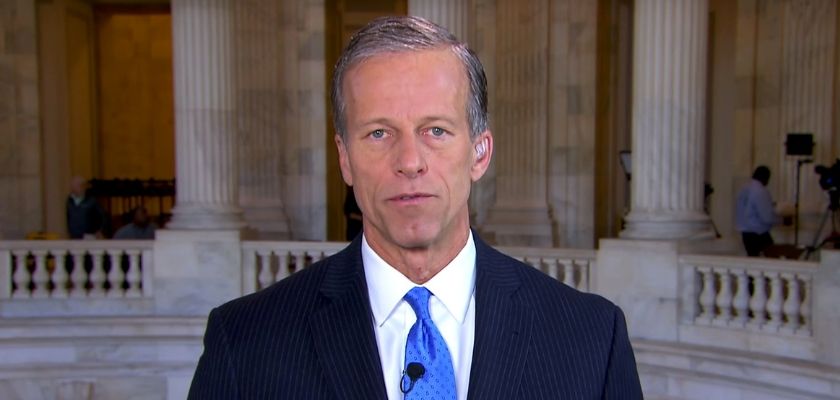Senator John Thune is drafting legislation to enable users with the option of using the biggest internet platforms, such as Google and Facebook, without content driving algorithms deciding what content they see.
Tuesday, in a Senate subcommittee hearing, Thune said that “the powerful mechanisms behind these platforms meant to enhance engagement also have the ability, or at least the potential, to influence the thoughts and behaviors of literally billions of people.”
Thune pointed to an April investigation by Bloomberg investigating YouTube’s failure to contain toxic content as it seeks to maximize views and the time users spend watching videos. In the report, Bloomberg evidenced the potentially dangerous downsides of artificial intelligence and algorithm-driven content.
Senator Thune said the bill would allow people to exclude their own data from being used by companies to deliver relevant content. “Congress has a role to play in ensuring companies have the freedom to innovate, but in a way that keeps consumers’ interests and well-being at the forefront of their progress,” he explained.
During her testimony, Google’s director of user experience Maggie Stanphill said that the company does not use pervasive technologies, but she agreed that increasing the transparency into how the algorithm works would be a good middle step. She also agreed that human supervision about content delivery could be good.
Stanphill explained that Google is already working on addressing some of the issues. YouTube recently changed the algorithms that recommend videos, decreasing the views of controversial material that would have been recommended by the suggestions by half. The videos affected were close to violating YouTube policies or were spreading misinformation.
Democratic Senator Brian Schatz of Hawaii expressed his distrust towards Stanphill’s claim and said companies should be legally and financially responsible for the performance of the algorithms.
In an interview following the hearing, Senator Schatz said that the committee had invited YouTube’s CEO Susan Wojcicki, but instead Google sent Stanphill, who was unable to answer all the questions. Google didn’t immediately reply to Senator Schatz request to have only the company top executive attending these tech and privacy hearings.













